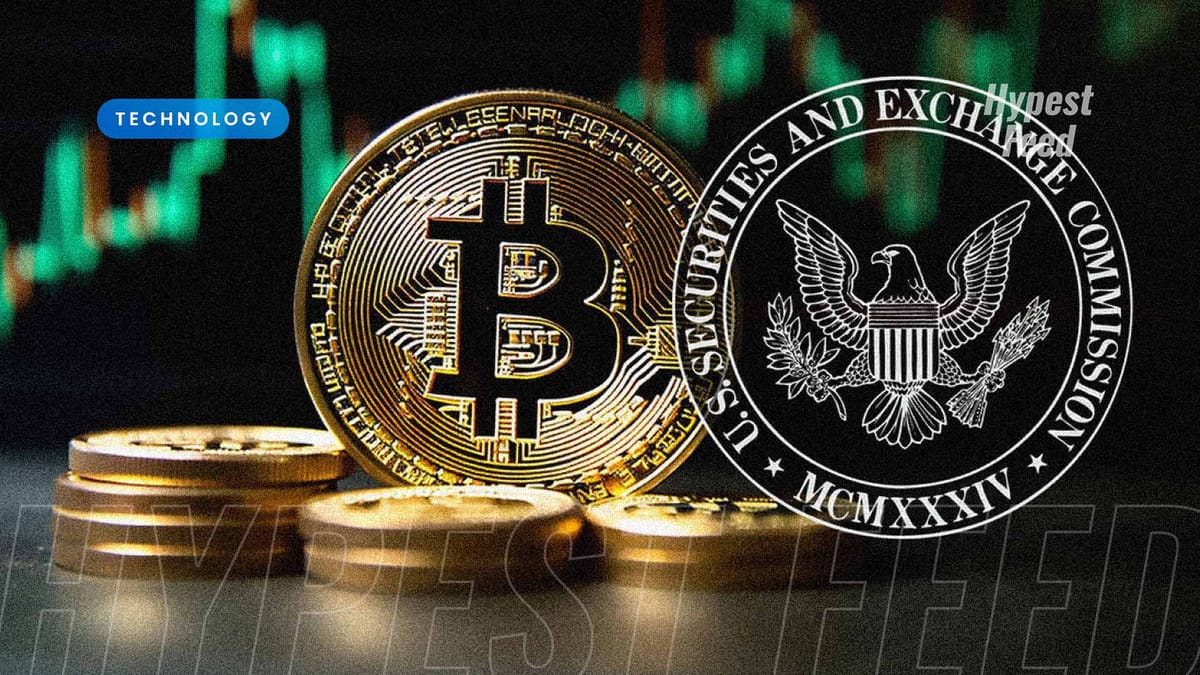Bitcoin, the world's leading cryptocurrency, briefly soared to a new record high of over $69,000 before experiencing a slight retreat. This surge marked a significant milestone, surpassing its previous peak reached in November 2021, even though its value had plummeted to $16,500 by 2022.
The recent surge in Bitcoin's price has been attributed to substantial investments by major financial institutions in the United States, with giants like Blackrock, Fidelity, and Grayscale pouring billions of dollars into acquiring the digital asset. This influx of institutional investment has been facilitated by the approval of several spot Bitcoin Exchange-Traded Funds (ETFs) by US regulators in January 2024.
Carol Alexander, a finance professor at Sussex University, cautioned about the volatile nature of cryptocurrencies, emphasizing the risks associated with investing during price bubbles. Despite this warning, Bitcoin's value has witnessed a remarkable surge of over 50% in the past month, according to data from CoinMarketCap.
The origins of Bitcoin trace back to its mysterious creator or creators, known as Satoshi Nakamoto, who introduced the digital currency in 2009. Originally conceived as a decentralized means of online transactions, Bitcoin has evolved into a highly sought-after asset, attracting both institutional and retail investors.
Looking ahead, experts anticipate that Bitcoin's upcoming "halving" event, expected in April, may further impact its value. This event, which occurs approximately every four years, involves a reduction in the rate at which new bitcoins are generated, potentially influencing supply dynamics and price fluctuations in the cryptocurrency market.
Bitcoin holders may rejoice as the cryptocurrency's value surges, potentially boosting their wealth, but past trends indicate that volatility and fluctuations are common in the crypto market.
In June 2022, Bitcoin plummeted to lows of nearly $20,000, driven by investors' flight from risky assets amid global economic uncertainty. The downward spiral continued with the collapse of FTX, a major cryptocurrency exchange, in November 2022.
Despite these setbacks, Bitcoin's resilience was evident as it rebounded above $40,000 by the end of 2023, showcasing its ability to recover from volatility.
Beyond individual investors, global attention has focused on Bitcoin's roller-coaster journey. In Central America, El Salvador's President Nayib Bukele has embraced Bitcoin, investing over $100 million of public funds to acquire nearly 3000 bitcoins in recent years. While specific details of his investment remain undisclosed, the value of Bukele's Bitcoin holdings has appreciated by approximately 60% since acquisition.



Member discussion: